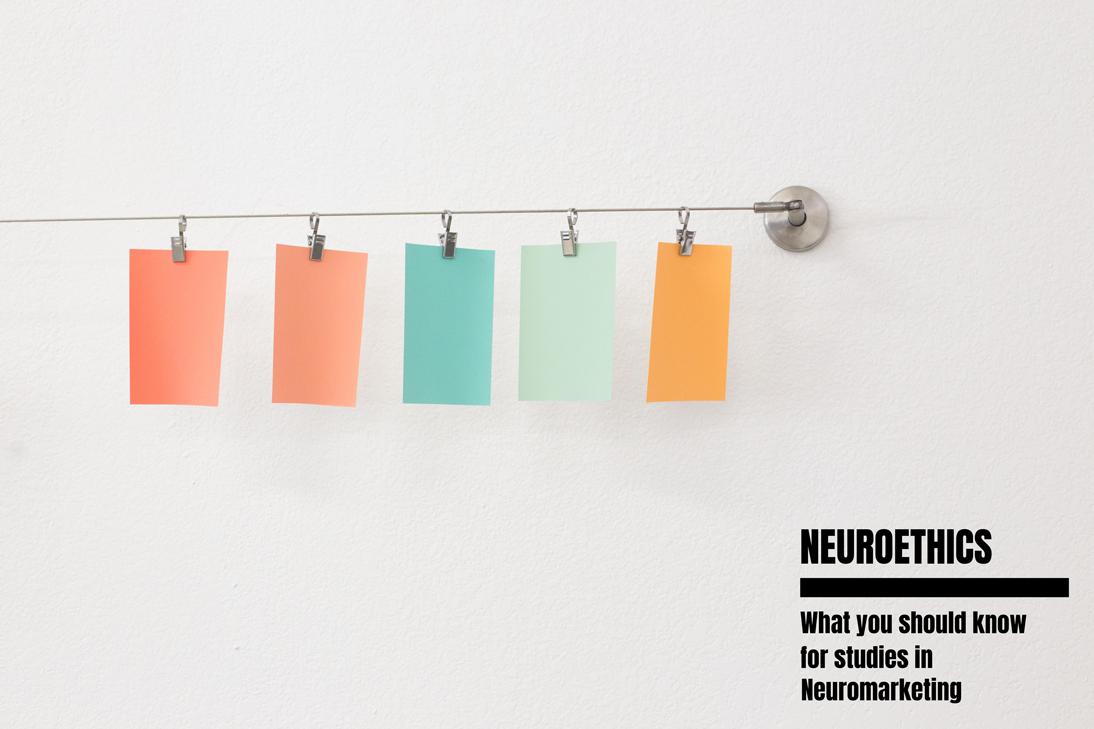BrainCo is a high-tech company that is dedicated to developing Brain Machine Interface technology, and it is the first Chinese team chosen by Harvard Innovation Lab. Located in Somerville, MA, the company is adjacent to Harvard University and MIT.
In this interview with Bicheng Han, founder and CEO of BrainCo we look into how they are trying to achieve their objective in bringing Mental Health Training into our homes.
Can you give a quick background about you?
My name is Bicheng Han, and I’m the founder and CEO of BrainCo. We are one of the world’s leading brain machine interface (BMI) companies that develop brain sensing wearable devices in the education and wellness spaces. Ever since I was young I’ve been fascinated by how emerging technologies can be used for biomedical research to provide new solutions to conditions like Alzheimer's, stroke, ADHD, Autism, or even helping to build functional prosthetics for amputees. Currently, I’m a PhD candidate at Harvard University Center for Brain Science. Before this, I worked in Seattle for 3 years in biomedical device research and development. I have a variety of patents and have developed multiple biomedical devices including the needle-free insulin syringe, wearable defibrillator, and ECG (electrocardiography) monitoring device.What brought you in this field, how did you and continue to learn?
I have an amazing team including scientists and engineers from Harvard and MIT. We keep innovating in the field of brain science and artificial intelligence as we strive to actualize profound changes centered around human intelligence and how we interact with the world. We are also initiating a research partnership program which will empower more scientists to conduct frontier EEG research using our Focus1 headbands. This program is designed to drive discovery and learning in neuroscience in order to push the field forward for all stakeholders and help in the advancement of society.
In your opinion what is the field of Brain Machine Interfaces about?
Brain Machine Interface is an emerging technology which will ultimately help humans reach their full potential. By adopting artificial intelligence techniques and advances in brain-sensing technology, the futuristic scenes in sci-fi movies can soon become a reality. Advanced sensors are used to detect brain signals, which are then sent to a device and translated using machine learning algorithms to predict a user’s brain state or to interact dynamically with our software platforms. Users can use the technology to not only train their cognitive skills, but also control electronics like switching on smart home devices or controlling the movements of robots. This synergistic relationship between brain and machine allows for science and emerging technology to uncover deep insights into human intelligence and capability.What are some challenges you face with the emerging technology?
The main challenge is to educate the public about this technology and its different applications. More and more, people are using biosensing wearables like the FitBit to track their biometrics and learn more about themselves. Product safety as well as data privacy and security is our top priority. Our Focus1 headband has passed all the major safety tests such as FCC and CE. We also work with several organizations and industry experts to make sure data is protected and secure every step of the way.How far are we from getting this technology into the hands of the users?
We are ready to launch our products with different consumer applications in early 2019. We have been working with our education partners in the US, Mexico, Spain, and Brazil to implement our technology at schools. We are also running a pilot study at a Boston-based high school to offer focus and relaxation neurofeedback training to students to enhance their learning efficiency and education outcomes. In China, we have sold tens of thousands of Focus1 headbands to our distributors, and our BMI technology has empowered many teachers and students to transform the way they learn. The power of this emerging technology is the number of applications it has, including education, brain training, meditation, and fitness. You are welcome to reach out to us for more information about partnership opportunities.What problem will this product solve?
Take the first application we built, FocusEDU, as an example. Throughout the US and in many parts of the world, schools all have something in common. Student engagement is low, but it has a profound impact on learning outcomes. Student engagement drives most types of educational outcomes and is perhaps the most important metric for predicting academic success. A 2013 Gallup study demonstrated that a 1% increase in student engagement can lead to a 6% improvement in reading scores and 8% in math scores. However, student engagement is difficult to quantify beyond surveys or teacher intuition. BrainCo has been leveraging innovations in brain-machine interface technology and artificial intelligence to make student engagement visible. We work with education pioneers to develop applications for teachers and students. These help improve student focus and the spread of good teaching practices. All of this empowers educators and learners to foster a better learning environment by improving this vital metric - student engagement.How do you explain your product to the public?
Our Focus1 headband and its applications were co-developed by scientists and engineers from Harvard, MIT, and other top US colleges. Together we have developed the world’s first integrated classroom system that incorporates brain sensing technology into a collaborative learning environment. By combining Focus1 headbands and our software platform, educators can track classroom engagement and student attention levels in real time. Our system provides contextually relevant and continuous feedback for teachers and generates personalized reports for students, empowering educators to make positive changes towards better teaching practices. Students and parents can track learning improvements, while administrators can identify engaging teachers and help spread best practices.What features and benefits will your product bring to the consumers?
Our integrated system provides insights and real-time measurements of student engagement. This is a powerful tool most educators have never had access to before. Students benefit from being able to train their minds to get into focused states conducive to learning, and can track their progress over time. Teachers benefit from being able to figure out which types of lesson plans and teaching methods are most effective for enhancing classroom engagement and the learning experience. Our product draws on the concept of neurofeedback to help users train their brain towards desired states through focus training and relaxation practices. When users enter the desired brain state we provide them with positive feedback to reinforce it and empower them to attain their goals. We show them they have control over their brain activity. All this works through the principle of neuroplasticity, where deliberate practice helps form new neural connections, which in turn support the desired changes in brain activity. We are also launching our consumer and wellness applications bundled with our Focus1 headband in early 2019.Where do you see the product in few years from now?
Our education product aims to help learners, educators, parents, and school administrators get a better understanding of student engagement in real classroom settings. I see this product being used across the country to develop better teaching and learning methods. From there, these practices can spread and we can have a massive impact not only on the state of education but also on executive function control, particularly when it comes to focus and relaxation abilities. We are also looking to offer focus and relaxation neurofeedback training for workers, athletes and senior people for higher productivity, better cognitive skills, and stress management.
With multiple applications in different fields, the BMI market opportunities and growth potential are huge. Aside from the education product, our research and product teams have been working to apply BMI technology to a variety of use cases including ADHD attention training, fitness and wellness, mobility, neuromarketing, and even Autism and other neurological conditions. We hope to expand our product offering to delight consumers across ages and with different needs. We believe BMI technology can fuel even more applications, become easier to use, and help people improve their daily lives.Will you give us a closing remark and areas of improvements?
As I stated, the BMI market potential is tremendous. Thanks to several tech pioneers including Elon Musk and Mark Zuckerberg, BMI technology has drawn a lot of attention and interest in recent years. There are many exciting opportunities to explore. Along with the technology advancements in artificial intelligence and biomedical engineering, we aim to provide affordable, safe, and user-friendly brain-sensing wearables with multiple innovative applications. With our software development kit and research program, we hope to encourage more developers and talented individuals across fields to join us for further collaboration. Check us out on our website (www.brainco.tech) and come experience our interactive demos at our booth at CES 2019.What are you reading right now?
Beyond Boundaries: The New Neuroscience of Connecting Brains with Machines---and How It Will Change Our Lives by Miguael A. Nicolelis, a distinguished professor at Duke University and a world-renowned neuroscientist in the field of brain-machine interface technology. Dr. Nicolelis shared his revolutionary research and insights into how the brain creates thoughts and how this may reshape the way people interact with machines as well as the entire universe.




